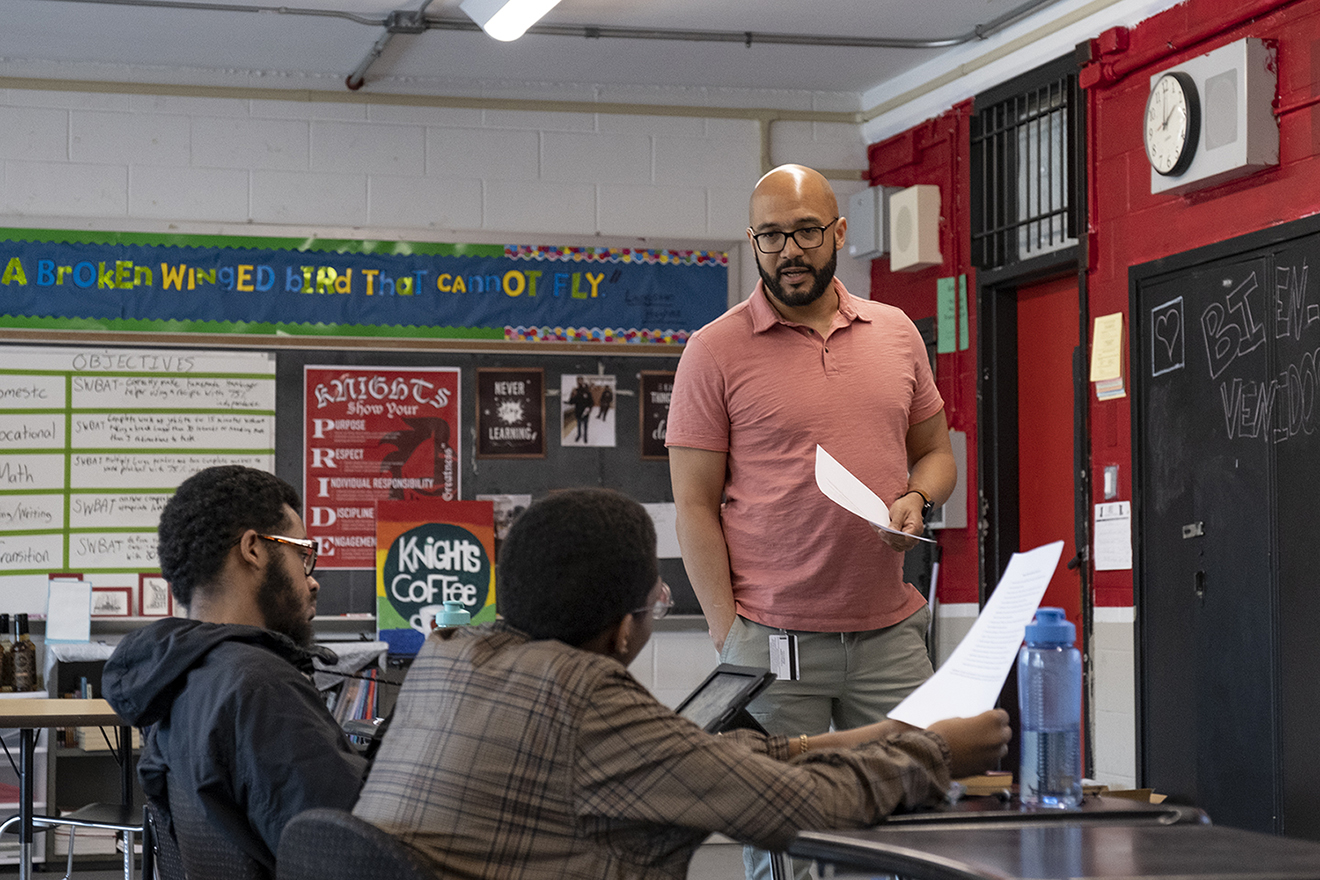At Temple University’s College of Education and Human Development (CEHD), faculty are leading efforts to explore innovative ways to help educators create equitable and inclusive classrooms across Pennsylvania. Among them, Professor Jill Swavely is helping to shape how educators are prepared to teach in ways that honor and sustain students’ diverse identities.
As one of the lead researchers on the Pennsylvania Education Equity Project, supported by a $180,000 Public Agenda grant, the national research-to-action nonprofit awarded six faculty teams $30,000 each. Swavely and her colleague, Professor Sarah Anne Eckert from Eastern University, are turning policy into practice by integrating Culturally Relevant and Sustaining Education (CRSE) competencies into teacher education programs statewide. Due to the initiative, many students across universities began to see themselves not just as teachers, but as advocates for affirming every student’s identity.
Swavely’s research project focuses on educator training and teaching practices that reflect students’ diverse backgrounds, identities, experiences and aspirations in both classroom materials and interactions with peers and educators.
How the Project Works
The project examines how teacher education students develop culturally sustaining practices through intentional course redesign. In the 2024–2025 academic year, an evaluation tool that measured self-assessed growth and captured student voice regarding CRSE, reached 581 pre-service and in-service teacher education students across Pennsylvania. Using a mixed-methods design, researchers measured growth over a semester and how students articulated their developing understandings. The goal of the project was for the researchers to evaluate students’ experiences in these courses and examine their understanding of CRSE competencies.
The results told a powerful story. Students showed significant increases in their understanding of CRSE competencies, but more importantly, they began to see themselves differently as educators. Their reflections showed a deeper ability to connect CRSE to their teaching practice and to internalize equity as part of their professional identity.
“The results were profound,” Swavely shared. “Students weren’t just learning about CRSE as a set of abstract ideas. They were beginning to see themselves as educators whose work must be culturally relevant and sustaining. The significant impact we found is also a testament to the hard work of the instructors teaching these revised courses.”
Turning Policy into Practice
This initiative builds on Pennsylvania’s 2022 legislation requiring all teacher preparation programs to include CRSE training. Following the policy change, the Pennsylvania Department of Education released nine CRSE Competencies designed to guide teacher education programs and professional development for educators across the Commonwealth.
During the 2022–2023 academic year, members of the project’s Community of Practice (CoP) used a backward design approach to incorporate CRSE principles directly into their courses. Faculty redesigned syllabi, assignments and classroom discussions to ensure equity wasn’t just an additional component, but an integral part of how future teachers learn to teach.
By the following year, redesigned courses were in place across five universities, and researchers began asking: What difference does this make for students? To find out, the team developed an evaluation tool asking teacher education students to reflect on their growth, define CRSE in their own words and describe how their coursework shaped their understanding of culturally responsive teaching.
Collaboration and Commitment to Equity
The Pennsylvania Education Equity Project represents a growing, statewide commitment to embedding equity in teacher preparation. By aligning policy, research and practice, Pennsylvania is emerging as a leader in preparing culturally sustaining educators who understand that teaching is not only about instruction, but also about affirming every student’s identity and potential.
Reflecting on the collaboration, Swavely added, “This project has shown me what’s possible when teacher educators from different institutions come together with a shared commitment. Thanks to the Public Agenda grant, we had the time and space to think deeply about what it means to prepare culturally sustaining educators. The best part has been seeing students not only learn about CRSE competencies, but truly embrace them as part of their identities as educators.”

